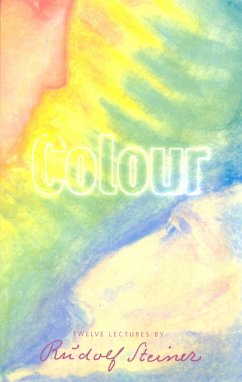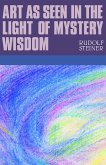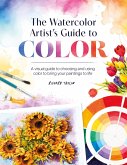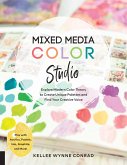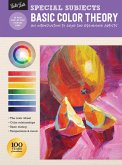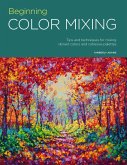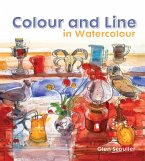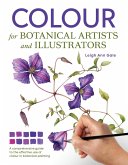'If you realize', he states, 'that art always has a relation to the spirit, you will understand that both in creating and appreciating it, art is something through which one enters the spiritual world.'
This volume is the most comprehensive compilation of Rudolf Steiner's insights into the nature of colour, painting and artistic creation. It is an invaluable source of reference and study not only for artists and therapists but for anyone interested in gaining an appreciation of art as a revelation of spiritual realities.
Dieser Download kann aus rechtlichen Gründen nur mit Rechnungsadresse in A, B, BG, CY, CZ, D, DK, EW, E, FIN, F, GR, H, IRL, I, LT, L, LR, M, NL, PL, P, R, S, SLO, SK ausgeliefert werden.

